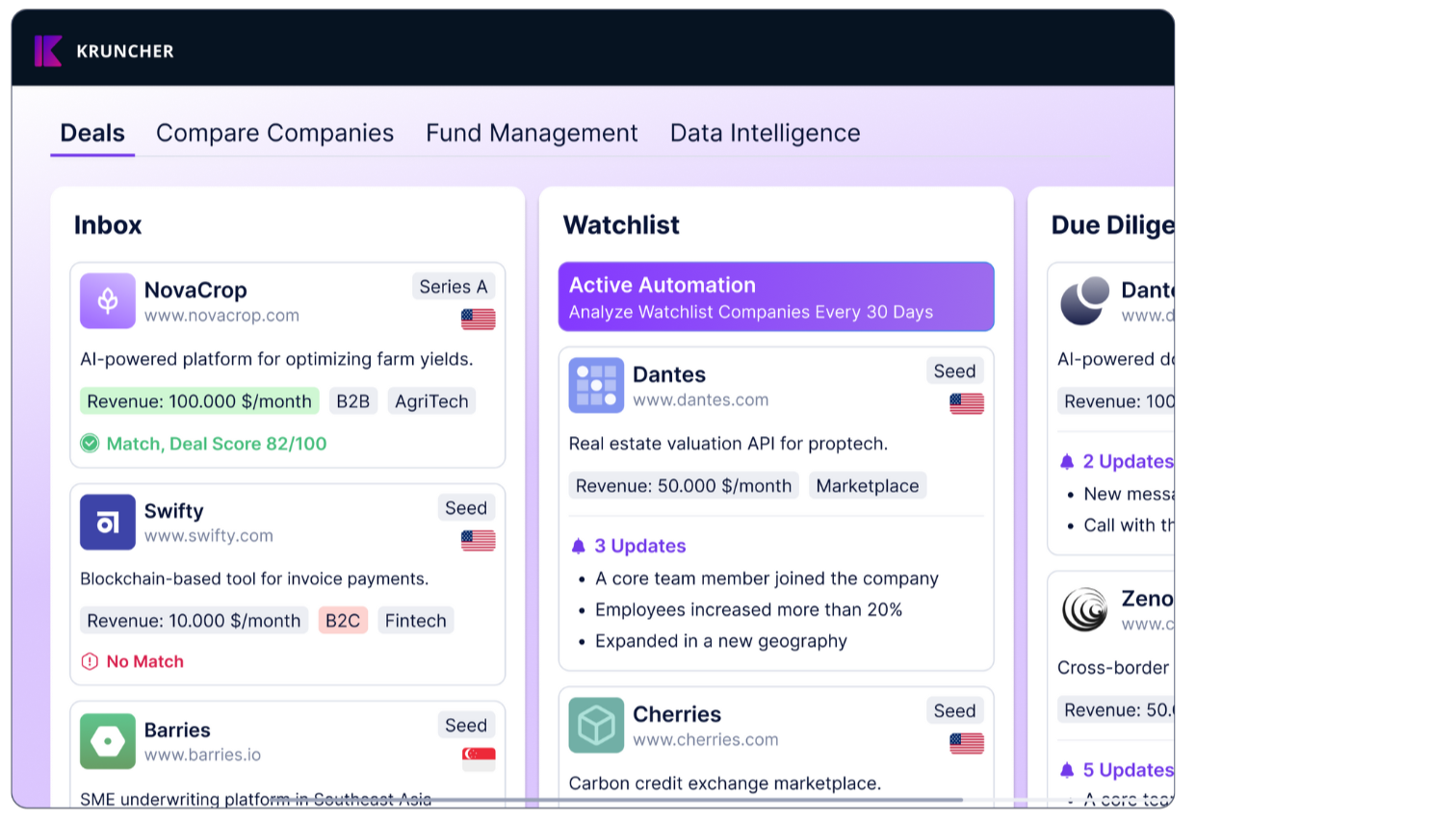When it comes to startups, the common perception is that the most successful founders are young, fresh out of college, and ready to change the world. We often hear about entrepreneurs like Mark Zuckerberg, Bill Gates, and Steve Jobs, who built groundbreaking companies in their early twenties. Venture capitalists frequently favor younger founders, believing that youth equates to innovation, risk-taking, and adaptability.
But what does the data actually say?
A study published by Harvard Business Review challenges this stereotype, revealing that the average age of a successful startup founder is 45 years old. Contrary to popular belief, older entrepreneurs tend to achieve greater success. Let’s dive into why experience, industry knowledge, and professional networks play a crucial role in startup success.
The Data: Age Matters More Than You Think
Researchers analyzed data from the U.S. Census Bureau, tracking thousands of entrepreneurs to determine the age factor in startup success. Here’s what they found:
-
The average age of startup founders across all industries is 42 years old.
-
When narrowing the scope to high-tech startups, the average founder age is early forties.
-
The most successful startups—those in the top 0.1% in terms of growth—were founded by entrepreneurs who were, on average, 45 years old.
-
Founders with at least three years of industry experience were 85% more likely to build a highly successful company.
These findings challenge the common VC perception that younger founders are more likely to succeed. Instead, experience and deep industry knowledge play a significant role in scaling a startup.
Why Older Founders Have an Advantage
So, what makes middle-aged founders more successful?
-
Industry Experience – Unlike younger founders, who may have innovative ideas but little hands-on experience, older founders have spent years working in their industry. This knowledge helps them navigate challenges, avoid common pitfalls, and build products that truly meet market needs.
-
Stronger Networks – Over time, professionals build extensive networks of investors, mentors, potential customers, and industry experts. These connections provide critical support, funding opportunities, and strategic partnerships.
-
Better Decision-Making Skills – Experience brings wisdom. Middle-aged founders have faced past business challenges and learned from them, making them better equipped to handle uncertainty and make smarter strategic decisions.
-
Financial Stability – Unlike younger entrepreneurs who often struggle to secure funding or bootstrap their businesses, older founders are more likely to have personal savings, assets, or access to financing that can help sustain a startup in its early stages.
What About the Young Success Stories?
It’s easy to point to outliers like Steve Jobs or Mark Zuckerberg as proof that young founders are the gold standard. However, the research suggests a different story. Even among tech giants, peak success came later in life.
-
Steve Jobs introduced Apple’s most profitable product, the iPhone, at age 52.
-
Jeff Bezos scaled Amazon beyond books and into a trillion-dollar empire at 45.
-
Google’s Larry Page and Sergey Brin hit their peak company growth when they were in their mid-40s.
While young founders can be successful, these extreme cases do not reflect the broader startup landscape. The evidence overwhelmingly suggests that startup success is more common among those with experience and expertise.
Final Thoughts
The idea that youth is a prerequisite for startup success is a myth. While young founders may capture headlines, data shows that the most successful startups are built by experienced entrepreneurs in their 40s and 50s. With deep industry knowledge, strong networks, and better decision-making, older founders are well-equipped to build scalable, high-growth companies.
As the startup ecosystem continues to evolve, it’s time to shift the narrative: Experience is the real competitive advantage.
If you want to learn how Kruncher can help you analyze a founder’s potential, you can read our blog here.
Reference:
Azoulay, P., Jones, B. F., Kim, J. D., & Miranda, J. (2019). Age and high-growth entrepreneurship. MIT and NBER.


